Cameroon
The diverse country of Cameroon in the west of Africa is often described as a ‘mini Africa’ in itself, due to its variety of religions, languages, terrains and wildlife. There are both French and English speaking regions, and areas of tropical rainforest, arid desert, active volcanoes, high mountains and white sandy beaches. Travel to and within Cameroon is much easier than in other parts of Africa, thanks to well-built roads and a reasonable public transport system.
Make an online bookingTravel Health Information
Highly recommended
vaccinations for travelling here
Advisory
vaccinations for travelling here
If you are planning a visit to Cameroon, you should avoid all but essential travel to the northern and extreme western areas of the country along the border with Chad and the Central African Republic. Most visits to the rest of Cameroon are considered to be generally safe, although you should remain vigilant about your personal safety at all times. Terrorist attacks are highly likely, and foreign tourists may be victims of petty and street crime in major towns and cities. While you’re out an about in public places, be careful about carrying jewellery or other valuables, and travel as part of a group with a guide if possible.
Major routes in Cameroon are of reasonable quality for travelling by road, but more rural roads are not well maintained and can cause difficulties. Try to travel during daylight hours, take emergency supplies of food and drink with you as well as sufficient fuel for your entire journey and a reliable means of summoning help if necessary.
Cameroon is a yellow fever and a high-risk malaria zone, so consult a travel clinic for all the necessary vaccines, malaria tablets and necessary travel health advice before travelling.
Medical facilities in Cameroon are limited, and they can be under-equipped offering a poor standard of treatment. Ensure that your travel insurance covers repatriation in the event of a serious illness or injury.
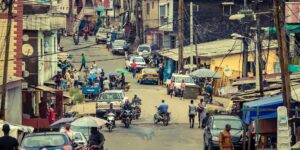
Your nearest CityDoc clinic
Find a clinic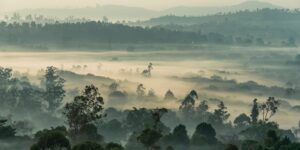
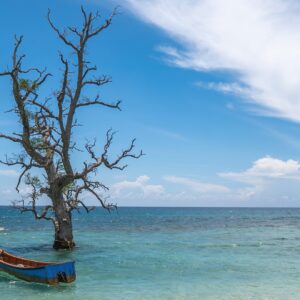
Destination Information for Cameroon
Cameroon’s capital, Yaounde, lies in the centre of the country. Here, you can visit the Limbe Botanic Garden, the Benedictine Museum and the National Museum of Yaounde, where you’ll gain an understanding of the life, history and culture of Cameroon. Adventure-seekers should make sure to head for Buea, the capital of the southwest region, from where you can climb Mount Cameroon, the highest mountain in West Africa and an active volcano.
Visit in October to experience Tabaski, Cameroon’s largest festival, which is a three-day Muslim feast in honour of the Ram. A spectacular parade featuring horses, drumming and dancing takes place in the streets of the major town of Foumban, attracting thousands of visitors every year.
From mountains to gorilla safaris, arts and crafts to traditional crab sorcery, Cameroon is a fabulous and fascinating destination which definitely offers something for everyone.
Infections and Outbreaks frequently change from country to country and by attending our clinics you will be given the most up to date clinical and safety advice from our team of specialists. Our advice to you often includes aspects such as:
- Food and water hygiene
- Insect and animal bite avoidances
- Personal safety
- Sexually transmitted infections
- Sun protection
- Altitude sickness
Malaria and regions within country:
There is a high risk of P.Falciparum malaria throughout the country and anti-malarial medication is advised.
Travel news
Helpful travel news, tips and advice for travelling around the world

Water Hygiene While Travelling: What You Need to Know
Get the facts straight: Common myths about water hygiene while travelling debunked here.
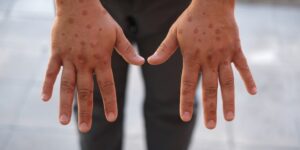
Mpox- How dangerous is it?
With the recent WHO announcement regarding the outbreak of Mpox in Africa there has been a concern of its transmission to other countries.
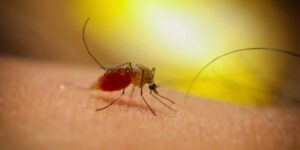
Pregnancy and Malaria
A malaria infection can cause complications during the pregnancy to mother and the baby.
For the latest government travel advice
For anyone planning to travel abroad we recommend visiting the following government website for all the latest travel guidance and advice.
Travel health enquiries
For all travel health enquiries, simply contact us below.



